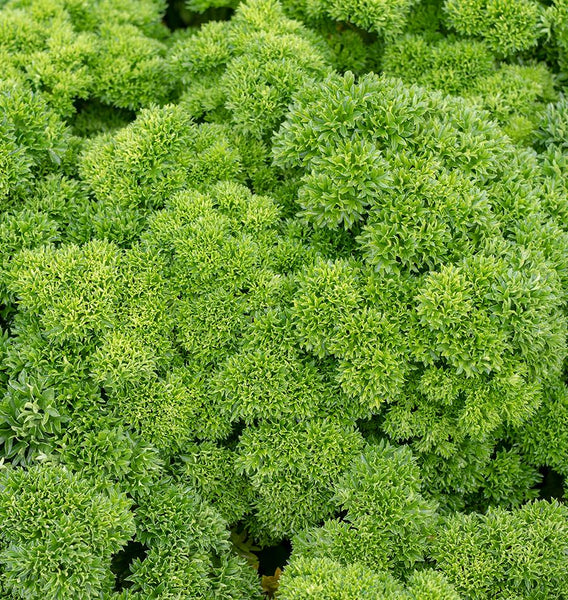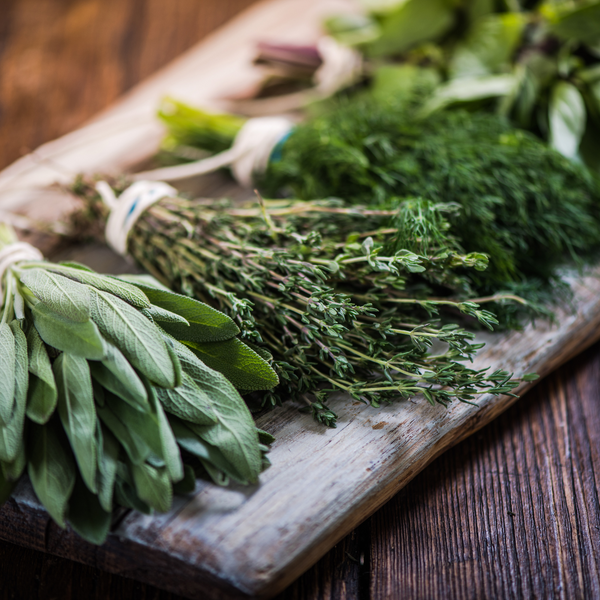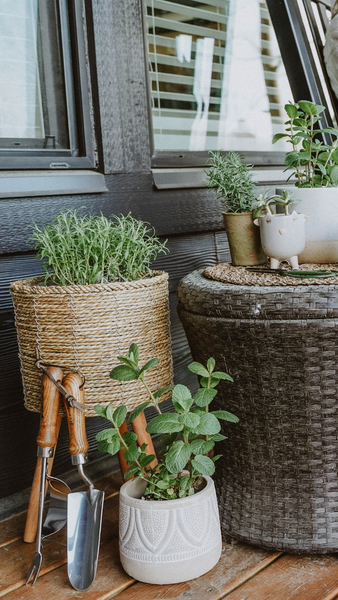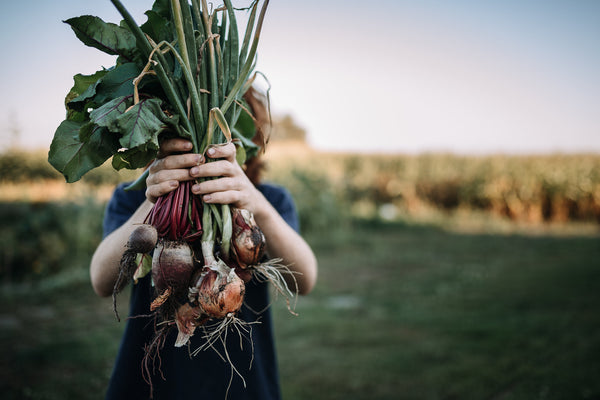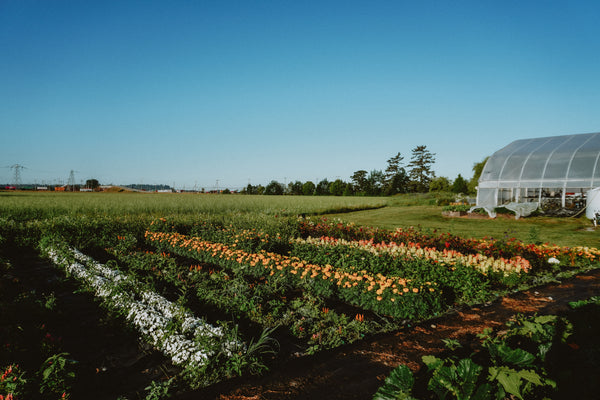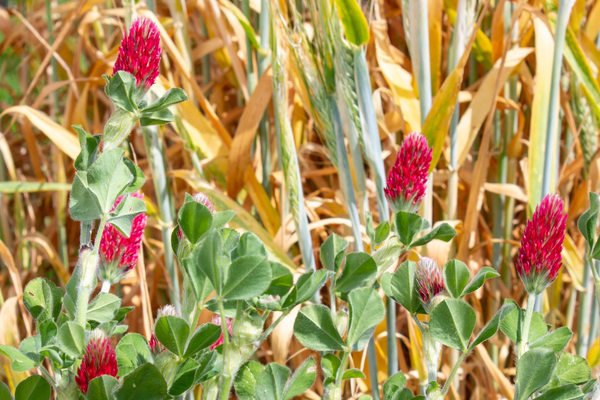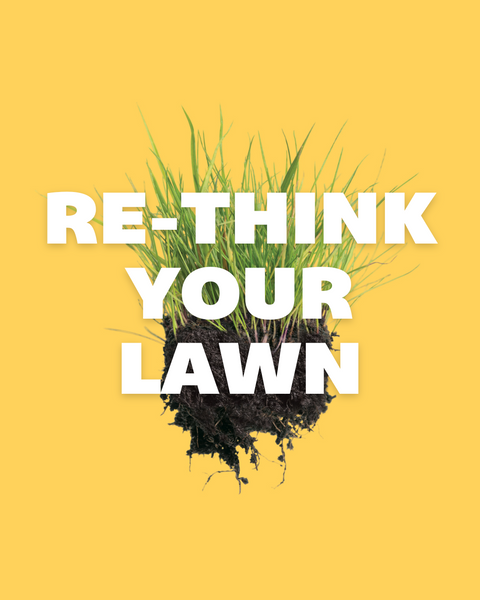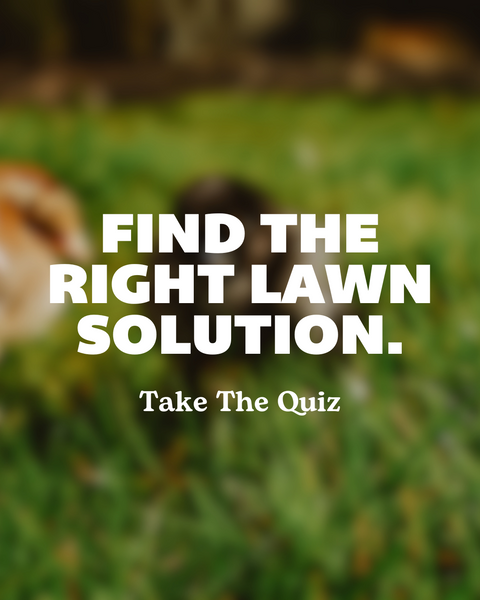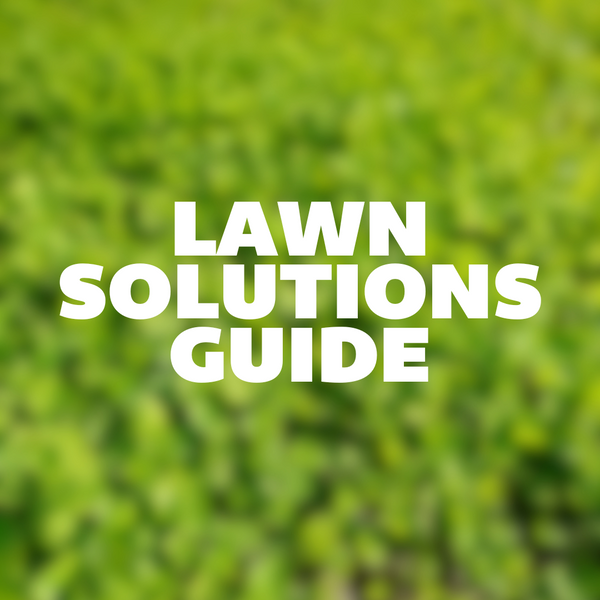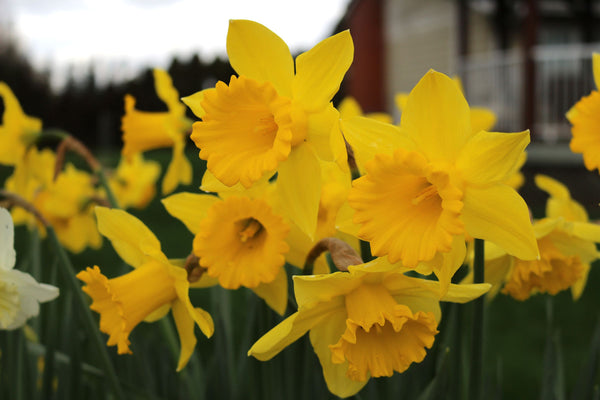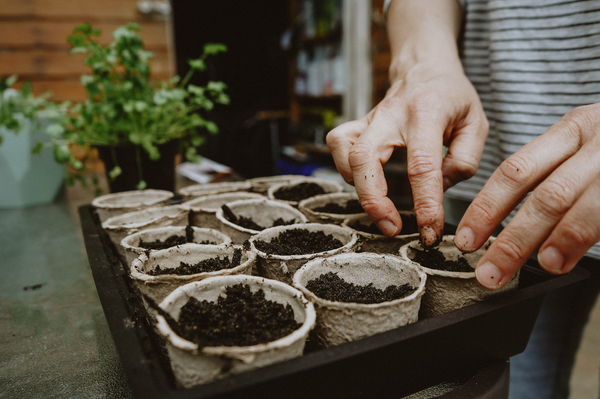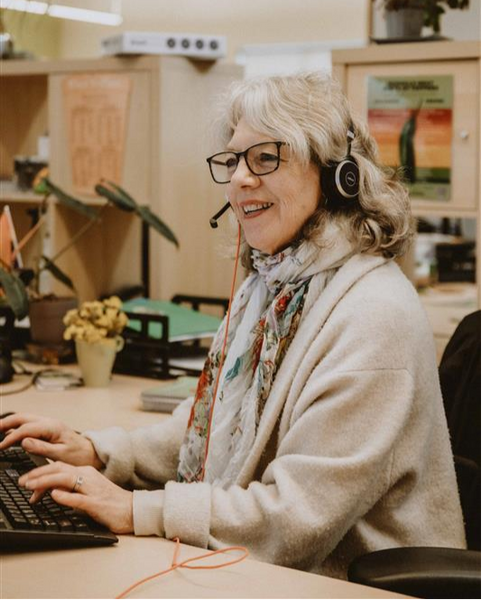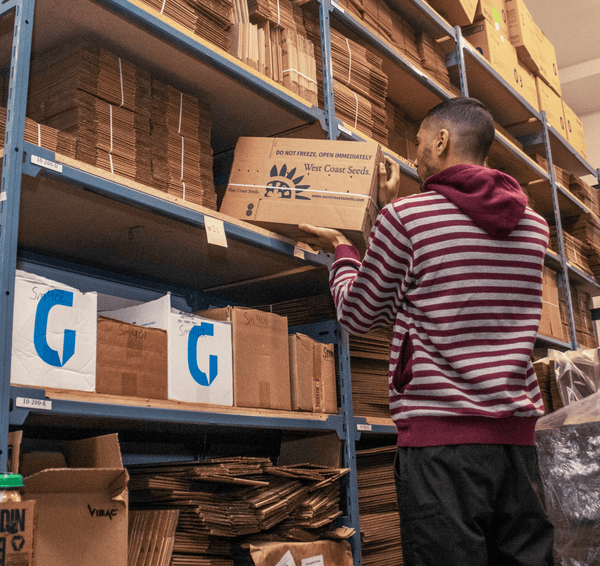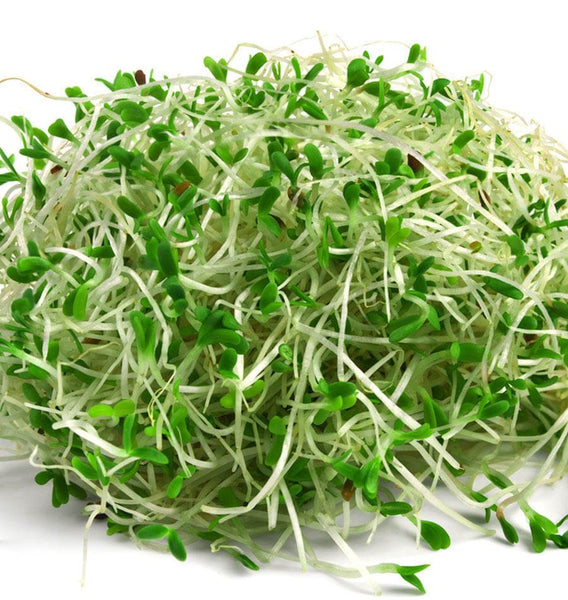Organic. It’s a loaded word, isn’t it? Probably to some of you, it means very little, like free-range, grass fed, or natural, just a marketing tactic. To others, such as organic farmers and gardeners like myself, it means everything! It’s the intention to do the best for the earth, to work within the ecosystem, and to leave the land better than where it started. There are 4 principles that organic growing is based on, which I think offer guidance on how to make your garden organic.
Health: to sustain and enhance the health of soil, plants, animals, humans, and the planet.
I think that this is the obvious part. Using pesticides, herbicides, fungicides, etc. may act fast to solve your issue, but it negatively affects the health of the soil, surrounding plants and animals, and people. I always like the idea that the enemy of your enemy is your friend — we also call these beneficial insects. Companion planting and trap cropping are great alternatives to chemicals, plus there are tons of physical barriers that can be used, without the negative side effects.

Ecology: to be based on living ecological systems and cycles, working with them, emulating them and helping sustain them.
Natural ecological systems are diverse, and your garden should be too. Maybe you really, really love tomatoes, but pollinators, wildlife, and soil biota don’t want only tomatoes. Planting a variety of plants from different plant families is key, plus a combination of vegetables and flowers is even better. Planting native plants and drought tolerant plants are also great ways to work within ecological cycles, limiting water needs when there are unavoidable hot, dry spells during the summer.
Care: to be managed in a responsible manner to protect the health and well-being of current and future generations and the environment.
To me, this puts an emphasis on our soils. Building up healthy, biologically thriving soil is key to the present and the future. Using natural nutrient sources like compost and cover crops will build and improve your soil over time. Fast-acting fertilizers can be tempting at times, when it seems that your peppers just… sit there, not growing, but be patient and play the long game, and your garden will get better year after year, without being depleted.

Fairness: to build on relationships that ensure fairness regarding the common environment and life opportunities.
Organic growing goes beyond just the soil and environment, it includes people too. If you even have a garden or some land, I hope you recognize the privilege it is to have access to growing space. I encourage you to decolonize your garden and find out whose land you live and grow on. Plus, if you can, sharing and donating some of what you grow can be invaluable. Who would have thought that giving away that surplus zucchini was part of organics!

by Kirsten Thompson, Farm Support & Sales Coordinator, West Coast Seeds
